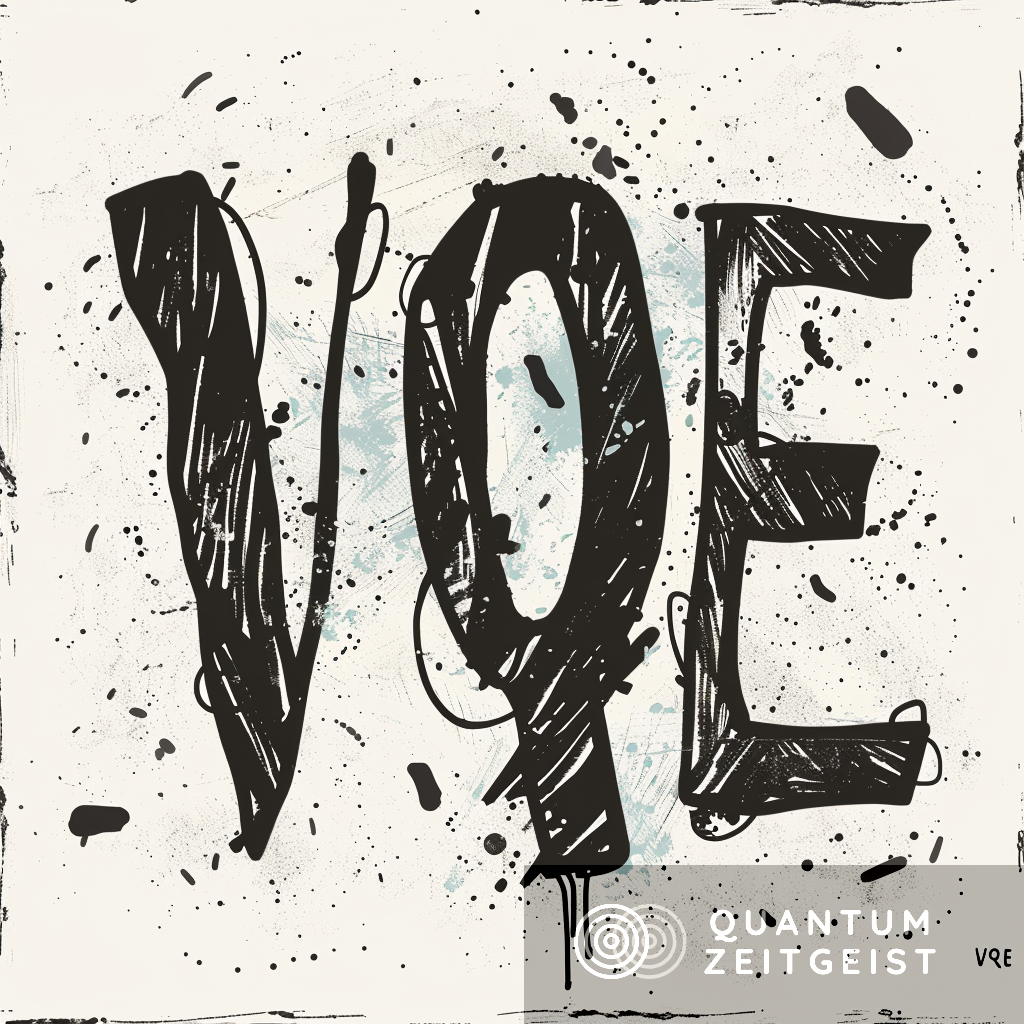Variational Quantum Algorithms (VQAs) are a class of quantum algorithms designed to work on Noisy Intermediate Scale Quantum (NISQ) devices, the quantum computers currently available. They are hybrid algorithms, using both quantum and classical computing resources, making them potentially more robust to noise and errors. VQAs are not a single algorithm, but a framework for creating algorithms, with the Variational Quantum Eigensolver (VQE) and the Quantum Approximate Optimization Algorithm (QAOA) being two well-known types. Despite challenges such as noise and errors, and the design of the ansatz, VQAs remain a promising approach to quantum computing.
What are Variational Quantum Algorithms?
Variational Quantum Algorithms (VQAs) are a class of quantum algorithms that have been gaining attention in the quantum computing community. They are designed to work on Noisy Intermediate Scale Quantum (NISQ) devices, which are the quantum computers that are currently available. VQAs are particularly interesting because they are hybrid algorithms, meaning they use both quantum and classical computing resources. This makes them potentially more robust to the noise and errors that are prevalent in today’s quantum computers.
The basic idea behind VQAs is to use a quantum computer to prepare a quantum state and measure some property of it, then use a classical computer to process the results and adjust the quantum computer’s settings. This process is repeated until the best possible result is found. The quantum part of the algorithm is typically a short circuit, which makes it more resistant to noise and errors.
VQAs are not a single algorithm, but rather a framework for creating algorithms. There are many different types of VQAs, each designed to solve a different type of problem. Two of the most well-known VQAs are the Variational Quantum Eigensolver (VQE) and the Quantum Approximate Optimization Algorithm (QAOA).
How does the Variational Quantum Eigensolver work?
The Variational Quantum Eigensolver (VQE) is a type of VQA that is designed to find the lowest energy state, or ground state, of a quantum system. This is a common problem in quantum chemistry and physics, and solving it can provide valuable information about the system’s properties.
The VQE works by using a quantum computer to prepare a quantum state and measure its energy, then using a classical computer to adjust the quantum state in an attempt to lower the energy. The quantum state is prepared using a parameterized quantum circuit, known as an ansatz, and the parameters are adjusted using a classical optimization algorithm.
The VQE is a hybrid algorithm, meaning it uses both quantum and classical computing resources. This makes it potentially more robust to the noise and errors that are prevalent in today’s quantum computers. The quantum part of the algorithm is typically a short circuit, which makes it more resistant to noise and errors.
What is the Quantum Approximate Optimization Algorithm?
The Quantum Approximate Optimization Algorithm (QAOA) is another type of VQA that is designed to solve combinatorial optimization problems. These are problems where the goal is to find the best arrangement of a set of items, given certain constraints.
The QAOA works by using a quantum computer to prepare a superposition of all possible arrangements of the items, then measuring the energy of each arrangement. The energy is calculated using a cost function, which assigns a numerical value to each arrangement based on how well it satisfies the constraints. The arrangement with the lowest energy is the optimal solution.
Like the VQE, the QAOA is a hybrid algorithm that uses both quantum and classical computing resources. The quantum part of the algorithm is typically a short circuit, which makes it more resistant to noise and errors.
What are the challenges and state of research in VQAs?
Despite the promise of VQAs, there are still many challenges to overcome. One of the main challenges is the noise and errors that are prevalent in today’s quantum computers. This noise can cause the quantum part of the algorithm to produce incorrect results, which can lead to the classical optimization algorithm converging on a suboptimal solution.
Another challenge is the design of the ansatz, or parameterized quantum circuit, used to prepare the quantum state. The choice of ansatz can have a significant impact on the performance of the algorithm, and finding the best ansatz for a given problem is a topic of ongoing research.
There are also challenges related to the optimization algorithm used to adjust the parameters of the ansatz. These include the choice of optimization method, dealing with local minima, and the problem of barren plateaus, where the optimization landscape is flat and the algorithm makes little progress.
Despite these challenges, there is ongoing research into VQAs and they remain a promising approach to quantum computing.
What is the future of Variational Quantum Algorithms?
The field of VQAs is still in its early stages, and there is much that is not yet understood. However, the potential of these algorithms to solve problems that are intractable on classical computers makes them a promising area of research.
One of the main areas of focus is improving the robustness of VQAs to noise and errors. This includes research into error mitigation techniques, as well as the development of new ansatzes and optimization algorithms that are more resistant to noise.
Another area of focus is the development of new types of VQAs for different types of problems. This includes research into VQAs for problems outside of quantum chemistry and physics, as well as the development of new types of VQAs that can take advantage of the unique properties of quantum computers.
Despite the challenges, the future of VQAs looks promising. With ongoing research and development, these algorithms have the potential to unlock the power of quantum computing and solve problems that are currently beyond our reach.
Publication details: “Introduction to Variational Quantum Algorithms”
Publication Date: 2024-02-24
Authors: Michał Stęchły
Source: arXiv (Cornell University)
DOI: https://doi.org/10.48550/arxiv.2402.15879

